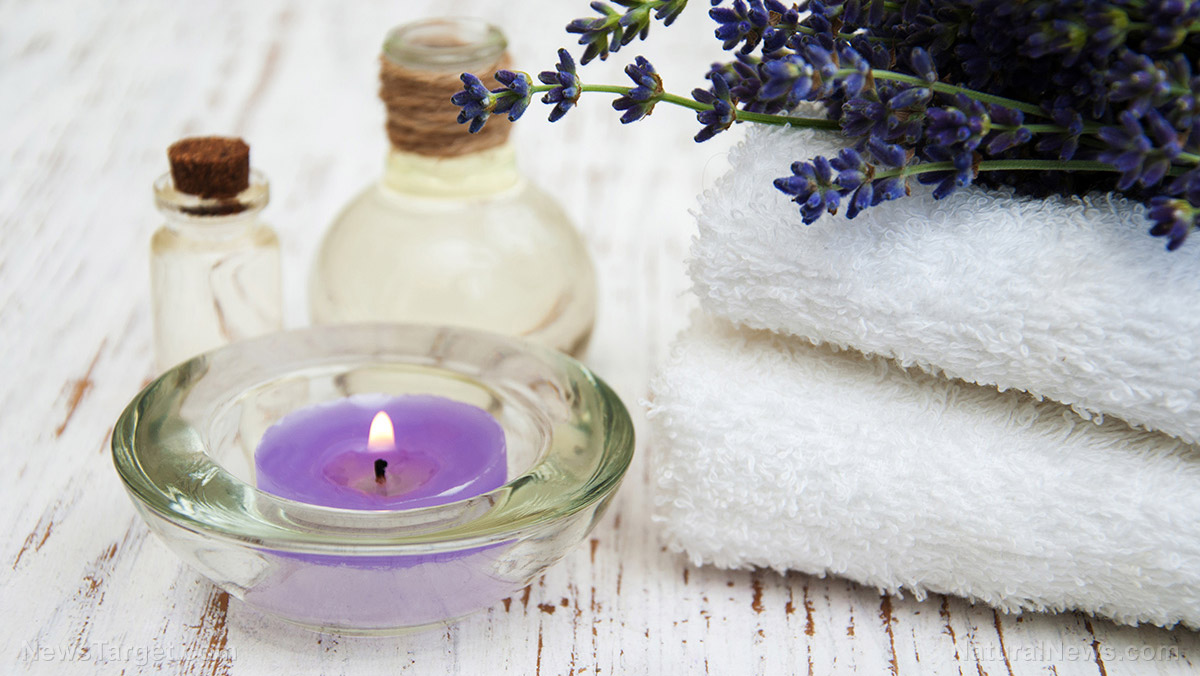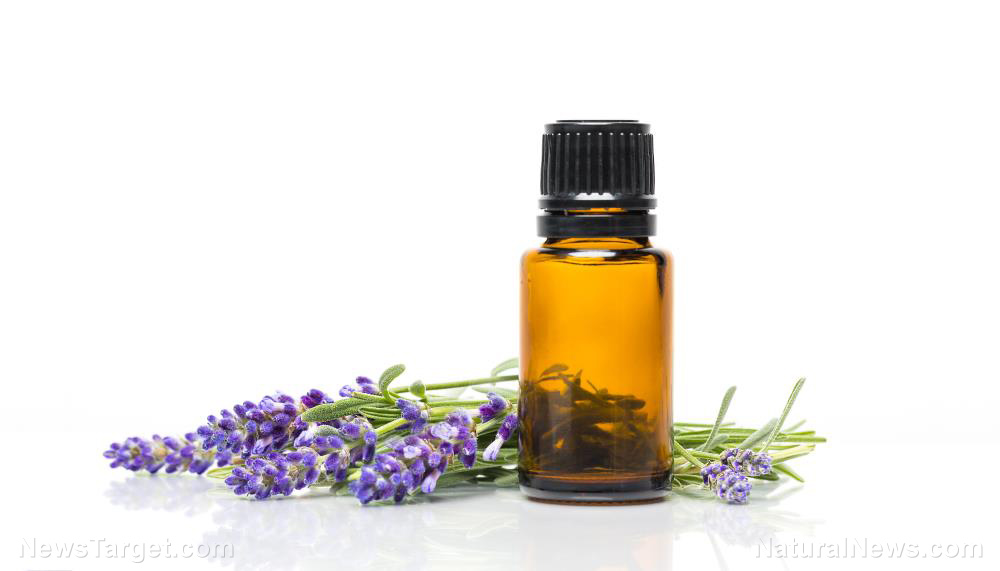Use of lavender before an operation has been found to reduce anxiety in surgery patients, improving outcomes according to new study
12/07/2017 / By Zoey Sky

Based on a recent study, one way to address preoperative anxiety among patients in hospitals and other healthcare centers is through lavender aromatherapy.
Aromatherapy is “the therapeutic use of essential oils extracted from aromatic plants,” and it is a “simple, low-risk and cost-effective method” that can help manage preoperative anxiety. This treatment is “fast-acting, noninvasive, has minimal side effects, and can be applied in multiple forms, including massage, inhalation, compress, and baths with mineral and herbal substances,” making it an ideal option for addressing anxiety in patients.
Lavender is an important essential oil with various applications and few reported sensitivities, and it is known for its “sedative and relaxing effects.” However, the details on how lavender exerts its anxiolytic effects remain unknown. Linalool and linalyl acetate, two components of the lavender plant, can stimulate the parasympathetic nervous system. Linalyl acetate is categorized as a narcotic while linalool can act as a sedative.
How the study was conducted
The scientists involved in the study observed that lavender aromatherapy helped reduce preoperative anxiety among ambulatory surgery patients undergoing procedures in general otolaryngology.
The study monitored 100 patients, and the experimental group received inhalation lavender aromatherapy in the preoperative waiting area. Meanwhile, the control group received standard nursing care. Both groups reported their anxiety with a visual analog scale after arriving at the preoperative waiting area and once they left for the operating room. As per a Welch’s two sample t-test, the researchers determined that the mean reduction in anxiety was significantly greater in the experimental group than the control group.
The team concluded that the lavender aromatherapy reduced preoperative anxiety in ambulatory surgery patients. While the effect was modest, it is “possibly statistically significant.” Future study is required to determine the clinical efficacy of lavender aromatherapy.
Notwithstanding the severity of surgical intervention, patients often experience anxiety caused by “fear of the operation, anesthesia, and postoperative pain.” Preoperative anxiety can negatively impact patient satisfaction and outcomes, and this emotional state is connected to “an increased use of narcotics and anesthetics, prolonged duration of hospitalization and postoperative wound healing, and reduced ability to fight infection and comprehend information about surgery.”
While pharmacologic therapies like sedatives and opioids are used to treat preoperative anxiety, these medications have negative side-effects such as fatigue, confusion, and restlessness. They can also inhibit a patient’s capacity to actively participate in his or her postoperative care, which can cause a delay in hospital discharge.
Lavender-sandalwood AromaTabs, which are scented tabs on a self-adhesive level with 100 percent pure essential oils, were used to administer the aromatherapy because this method is a “simple, controlled and consistent delivery system.” Via a dual-notched protective plastic covering, patients were able to choose a minimum or maximum scent exposure based on personal preference.
Lavender aromatherapy has helped reduce anxiety in patients in the coronary intensive care unit (ICU), dental office, before open-heart surgery, general surgery, intrauterine device (IUD) insertion, during peripheral venous cannulation, and after myocardial infarction and percutaneous coronary intervention. However, lavender therapy didn’t have a significant effect on anxiety in patients undergoing radiotherapy, colonoscopy, and after coronary artery bypass surgery.
In a study, lavender and unscented aromatherapy both decreased anxiety and improved a sense of well-being in patients who were about to undergo breast surgery. The authors of the study accredited their findings to a placebo effect, which could be connected to the extra attention given to patients.
According to the research authors: “Preoperative anxiety is associated with increased use of narcotics and anesthetics, prolonged duration of hospitalization, and reduced ability to fight infection and comprehend information about surgery.” He added, “Given the simplicity, safety, and cost-effectiveness of aromatherapy, healthcare providers should consider its use for managing this common problem.”
You can learn more about the health benefits of various essential oils at EssentialOils.news.
Sources include:
Tagged Under: alternative medicine, Ancient medicine, Anxiety, anxiety relief, aromatherapy, essential oils, health, health outcomes, lavendar before surgery, natural remedies, opioid alternative, preoperative anxiety, reduce anxiety naturally



















